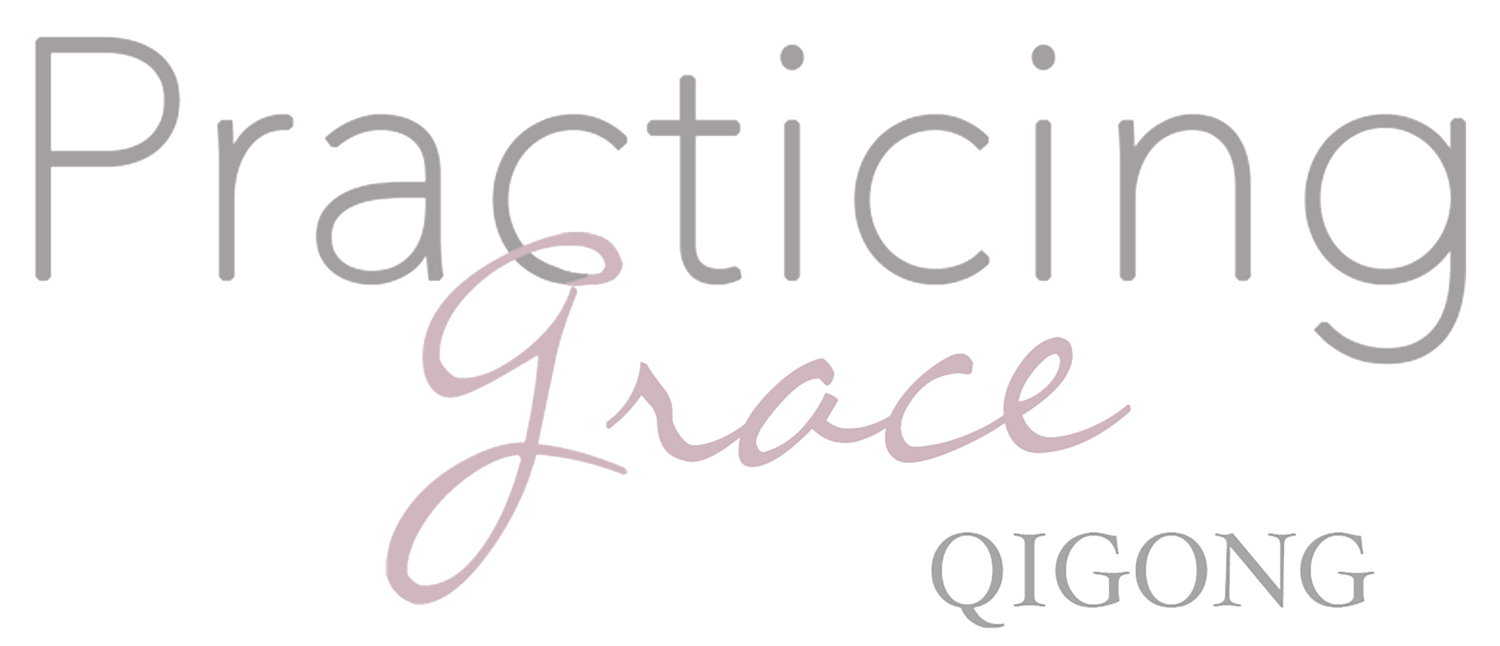“Rather than relaxing and enjoying who we are and what we’re doing,
we are comparing ourselves with an ideal and trying to make up for the difference.”
~ Tara Brach, “Radical Acceptance: Embracing Your Life with the Heart of a Buddha”
Due to the physics of how grass grows, when we peer over our fence at our neighbor’s grass, it actually does look greener, even if it is truly the same lushness as our own grass.
~ Scott Sonenshein, “Stretch: Unlock the Power of Less -and Achieve More Than You Ever Imagined”
Dear Wise Women,
Thank-you, thank-you for being brave enough to continue unearthing self-compassion.
We are no longer just scratching the surface, we are diving deep…and if that feels scary for you, please acknowledge that. I am scared and I acknowledge it. It is scary to learn new ways, no matter how much we want to. We all know that is much easier to stay in the comfort zone (no matter how limiting) of our habitual patterns.
It is not easy for me to admit that comparison, conformity and competition have been ruling my life, and that I’ve been bypassing this truth for many, many years. I am not alone.
We are actually hardwired to compare, and if we really want to evolve, it now time for us to understand what it is doing to us. Without awareness of the damaging effects of self-comparison, we will never be able to access true self-compassion.
Simply put, self-comparison is toxic and is the thief of joy, and sadly, is more pervasive in our culture today than ever before thanks to social media.
As Jordan Peterson says, “If the internal voice makes you doubt the value of your endeavours, or your life, or life itself, perhaps you should stop listening.”
Wise Women, may we all trust in the sanctuary of our circle as we bravely look at self-comparison. May we be curious as to how natural it is to self-compare, and may we strive to see with a beginners mind how deeply it is affecting our lives.
Know that I see you. Please see me. Please see one another.
With love,
Patti
“Comparison is the crush of conformity from one side and competition from the other—it’s trying to simultaneously fit in and stand out.”
Self-comparison’s damage lies in the fact that it involves both competition and conformity. At first, this might seem counterintuitive. How can we both compete with others and strive to conform at the same time? Surely competing with others requires being different from them—specifically, being better?
But competition and conformity do co-exist, and do so very destructively. They feed into each other when you want to be the “best” in your particular social or societal group—when you want to conform to that group’s standards, and do so “better” than everyone else.
When you allow comparison, competition, and conformity to take over, you lose sight of your inherent worthiness. You begin to base your self-worth on how well you match up against others—on how well you’re conforming. You think you’ll only be worthy if you meet certain standards of behavior. This is incompatible with the unconditional self-acceptance that underpins true worthiness.
Constantly comparing yourself to and competing with those around you may also harm your connections. If you compare yourself to someone and decide that you’re “worse” than them, you might become jealous or envious. These negative feelings will erode your bond. Likewise, comparing yourself to someone else and deciding that you’re “better” than them is, at its root, a form of judgment. You’ve decided that this person is “lesser” than you. This isn’t a good foundation for a strong, equal connection—and it isn’t particularly compassionate, either.
The bad news is that our hardwiring makes us default to comparison—it seems to happen to us rather than be our choice. The good news is that we get to choose how we’re going to let it affect us. If we don’t want this constant automatic ranking to negatively shape our lives, our relationships, and our future, we need to stay aware enough to know when it’s happening and what emotions it’s driving. My new strategy is to look at the person in the swim lane next to me, and say to myself, as if I’m talking to them, Have a great swim. That way I acknowledge the inevitable and make a conscious decision to wish them well and return to my swim. So far, it’s working pretty well.
~ Brene Brown
“Being human does not mean being better than others. Being human means you encompass the full range of human experience, the positive, the negative, and the neutral. Being human means you are average in many ways. Can you celebrate the experience of being alive on this planet in all your complexity and wonder?”
~ Kristen Neff “Self-Compassion: The Proven Power of Being Kind to Yourself”


